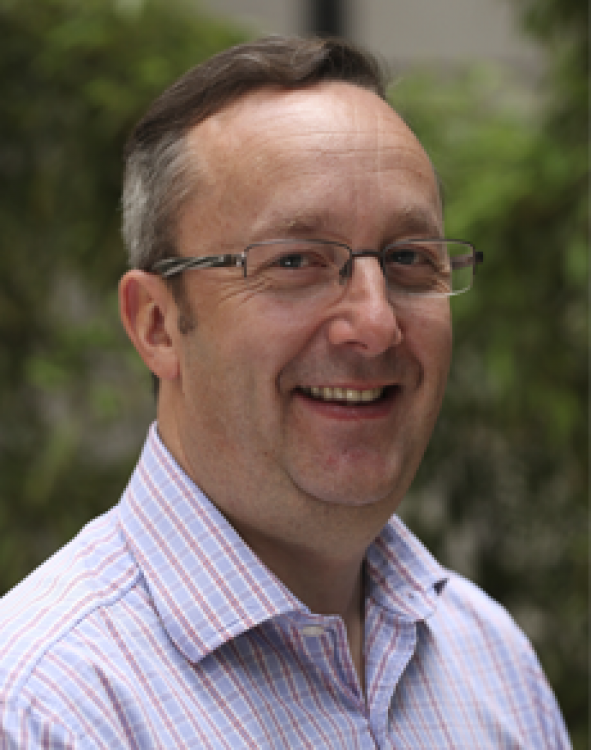Do more to attract young talent, urges Airmic chairman

Clive Clarke talks to Jessica Titherington about the importance of the youth agenda and why companies should consider recruiting less-qualified young people.
Airmic is in its prime, according to its chairman Clive Clarke, and as a result it's being bolder.
"It is in as rude health as it has ever been," he explains. “It has a vibrant membership, a strong board and is financially healthy.”
And this is important, Clarke believes, because it gives Airmic the confidence to adapt and stay relevant as the business environment evolves. “All associations need to do this to survive and Airmic is no different. At the moment we have conviction in our strategy and are forthright about what we are doing. That is excellent.”
By way of example, he cites Airmic’s recent strategy to focus more on its risk management offering for members. Risk management initiatives have always been on the association’s agenda but now they are being stepped up a gear, starting with this month’s ERM Forum which is likely to become an annual fixture.
“In the past we have not necessarily engaged the risk management community to our full potential so I’m pleased we’re addressing it. We’ve now got purpose and direction and the ERM Forum is a good example of that.”
Chairman’s charity: Market Field School
Clarke’s charity for the year is Market Field, a specialist school attended by his step-daughter Helen, who has Down’s syndrome. Find out more here.
For his year at the helm, Clarke wants to focus on what he terms the youth agenda. “We know we’re an industry that struggles to attract young people but it’s critical to get them interested,” he says. “So many people fall into risk management and insurance and then discover it’s a fantastic career so I want to encourage people to actively seek out our industry.”
For example, student engagement with Airmic is currently low, as is the appetite to hire graduates across the industry generally, something that Clarke wants to challenge. Airmic is discussing a number of options for engaging graduates, including partnering with organisations such as the CII, universities and business schools who offer risk and insurance degrees, and insurers and brokers who offer internships and graduate programmes.
Clarke is also keen to champion young people who demonstrate potential but have fewer qualifications than today’s typical graduate. This is somewhat of a personal note for Clarke, who worked his way up from, in his own words, “a long way back” to take senior roles in top companies.
Getting a professional job without a degree in today’s business world is extremely challenging, a trend not limited to insurance and risk management. But according to Clarke, “we need to give all people a chance. There needs to be a greater realisation that a person’s potential is not just about their formal qualifications.”
Clarke is a third of the way through his tenure as Airmic chairman, and he says the experience has far exceeded expectations. “It has been fantastic on all levels.”
His desire to use his time as chairman to help others in the industry is absolutely clear. “I never thought I’d be in this position given where I came from, and now here I am leading a fantastic organisation. I want this to send a message to all people starting out in their career, so please do get involved.”
